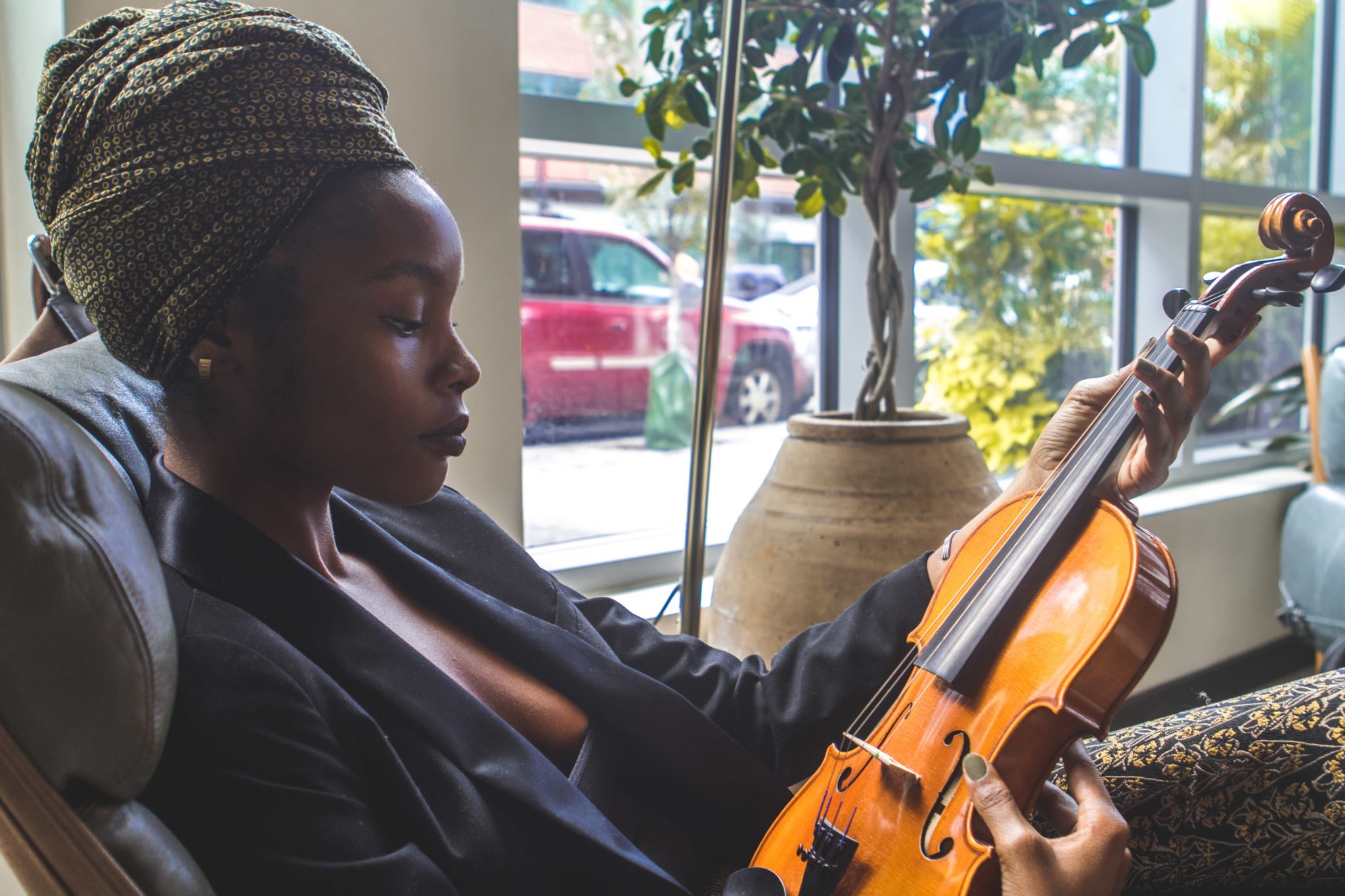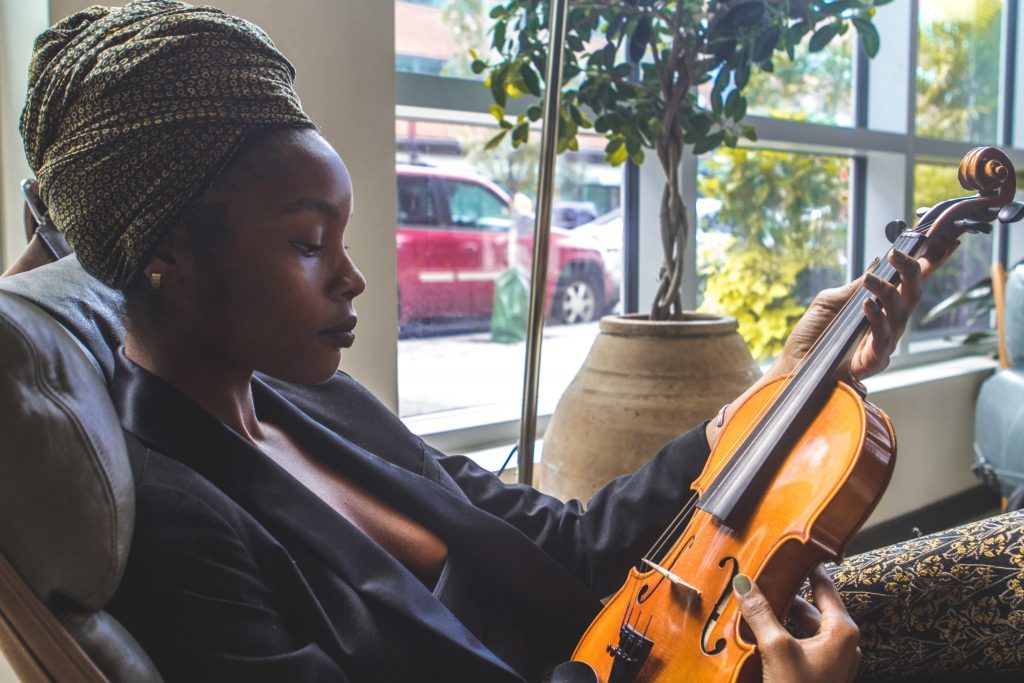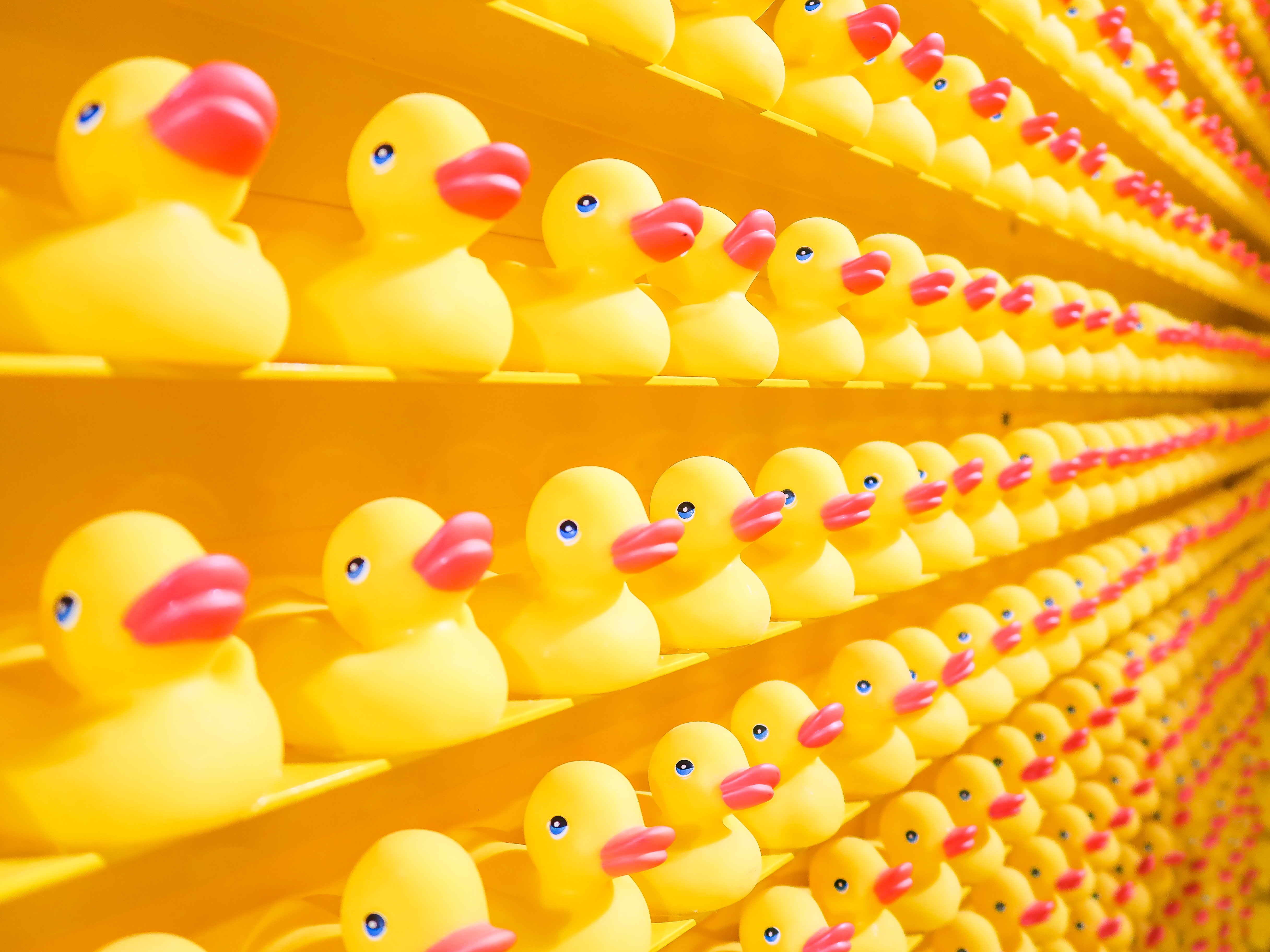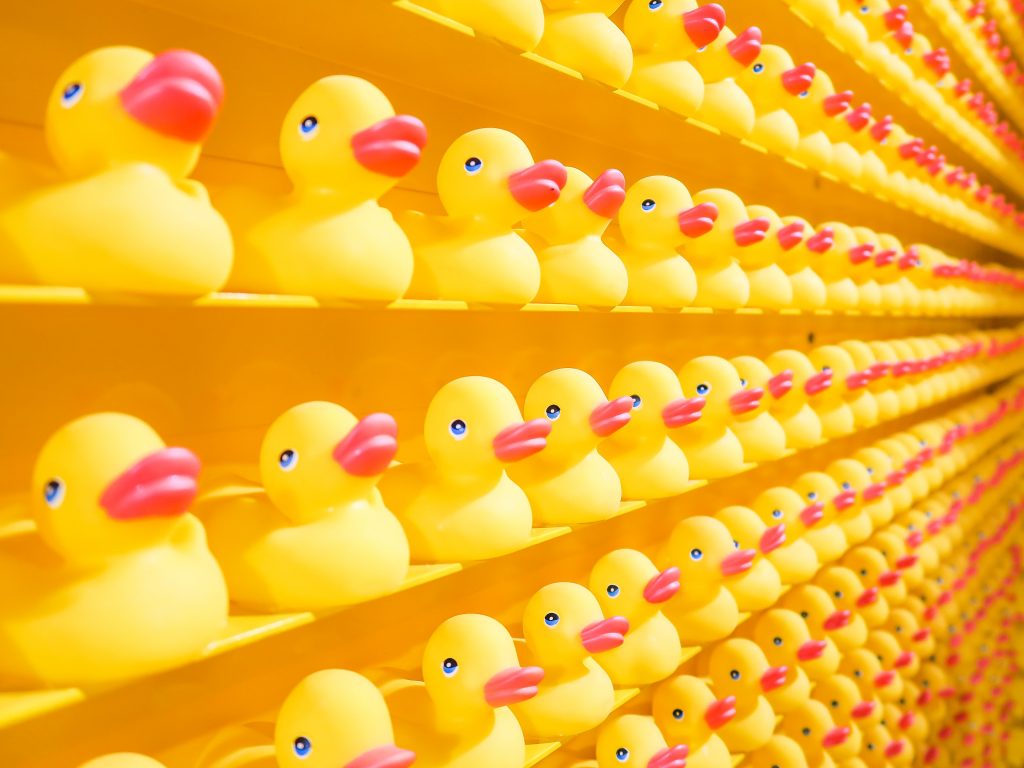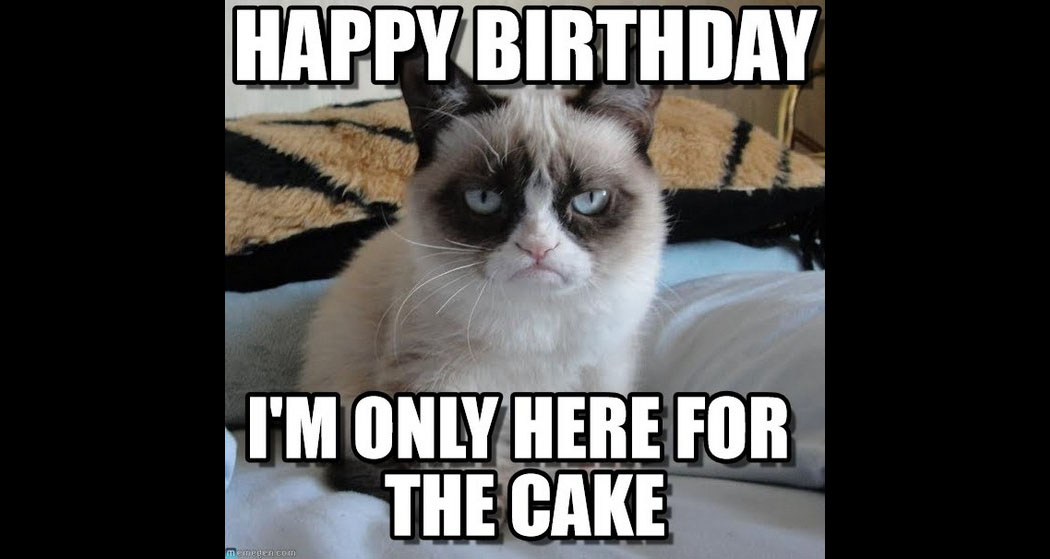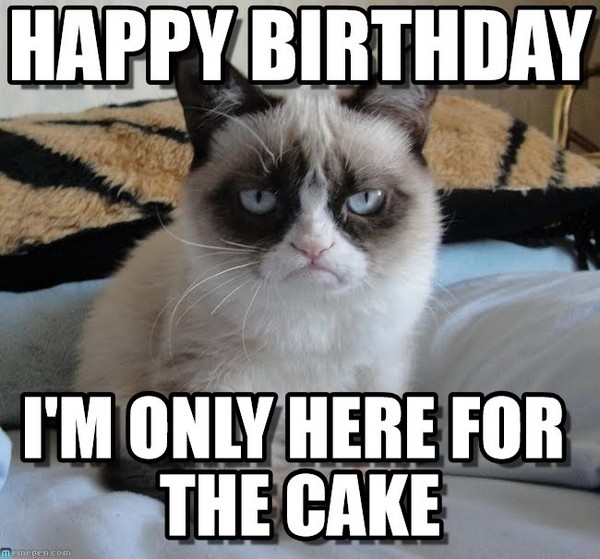We Are STILL In A Pandemic
We Are STILL In A Pandemic
I say these words multiple times a day, multiple times a week: We are STILL in a pandemic. I say these words when a client with depression can’t figure out why they aren’t feeling better, despite their best efforts: We are still in a pandemic. I say these words when a client with anxiety can’t figure out why therapy and exercise aren’t making them feel zen: We are still in a pandemic. I say these to people suffering from loneliness and grief as well as from chronic professional and financial and relationship uncertainty. We are still in a pandemic.
I say these words because it’s easy to dismiss the effort it takes to act normal – and perform normally – in hugely abnormal times. We think, Oh, it’s been a year, so I should have acclimated. This should be easier. But we are still in a pandemic. We believe, Well, I still have my job/home/health/privilege, so I shouldn’t be struggling. To you I say: We are still in a pandemic.
It doesn’t matter how much privilege we have and how much we have been spared. Chronic stress is real, and we are still existing within an extended period of trauma. This trauma affects not just those who have been sick with COVID, but also those of us (and it’s most of us) who have watched the slow-moving epic disaster of COVID wreak havoc on our communities, neighbors, families, economy, schools, the U.S., and the world.
When we beat ourselves up for feeling stress, loneliness, sadness, or worry, we make ourselves feel worse. When people with financial security wallow in guilt about what we have – when so many others live in scarcity – this does not help. Our self-flagellation serves no one and gets in the way of harnessing the energy to figure out how we can be useful to those around us.
So, in the words of the great Bob Newhart in the skit below: STOP IT. (And sheesh – if only it was that easy!)





